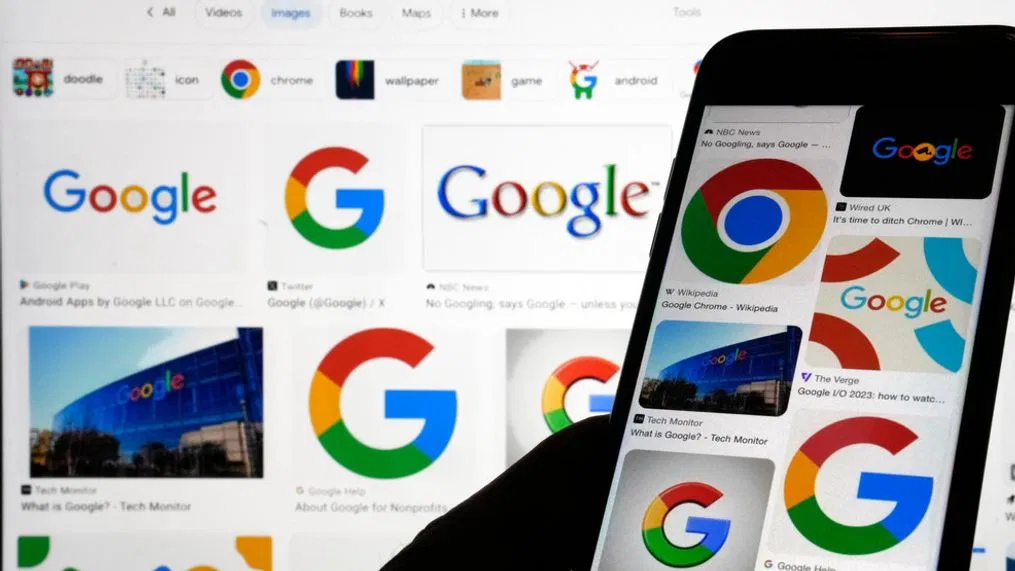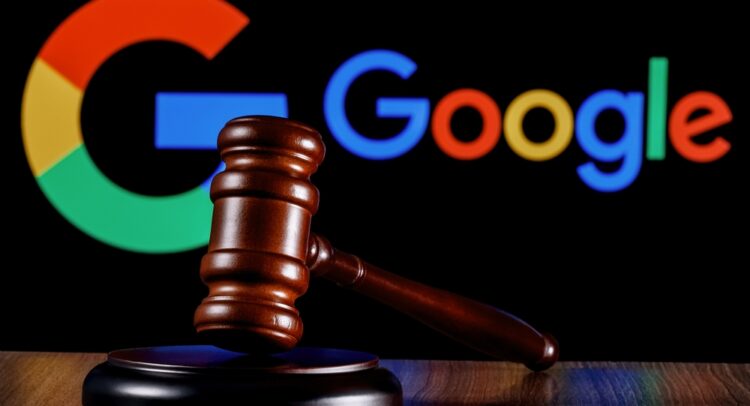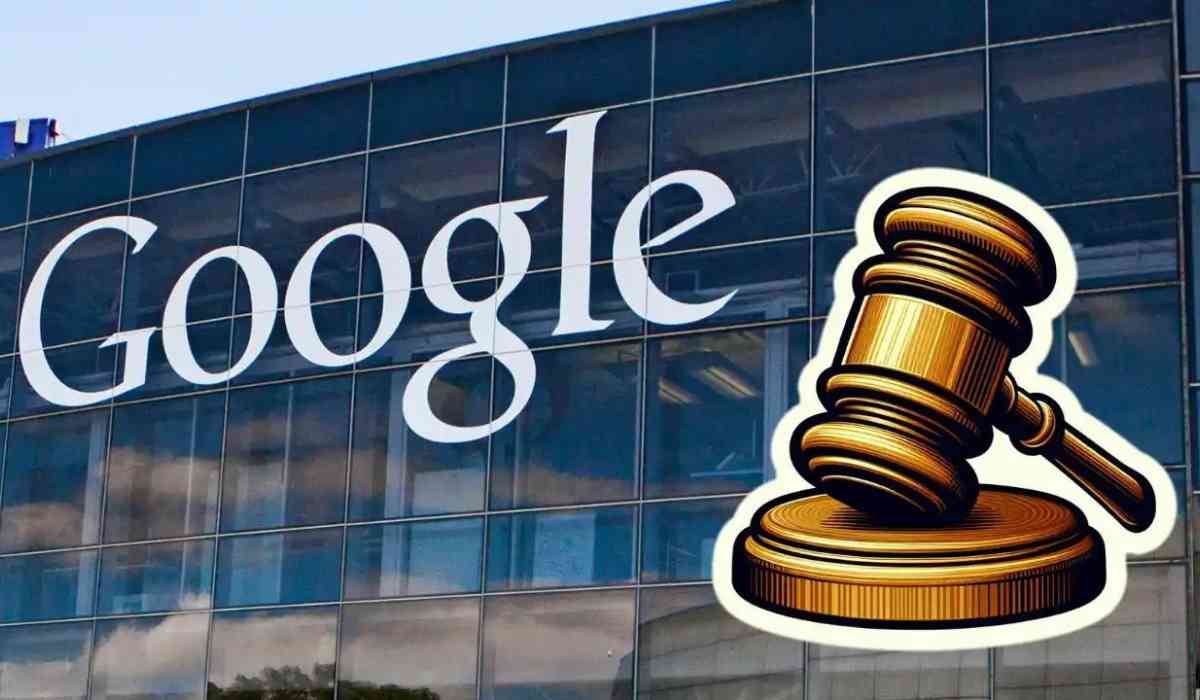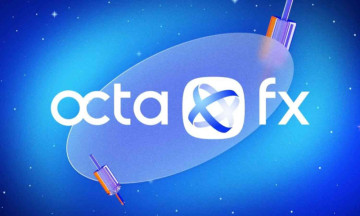In a landmark decision on Monday, a US judge ruled that Google has been maintaining an illegal monopoly over the online search market. The ruling marks a significant victory for federal authorities in their ongoing battle against Big Tech's market dominance. Google, a subsidiary of Alphabet Inc., has been found guilty of violating antitrust laws by spending billions of dollars to secure its position as the world's default search engine. This decision opens the door for potential remedies, including the possible breakup of Alphabet, which would significantly alter the online advertising landscape.

A Monopoly Maintained Through Billions in Payments
US District Judge Amit Mehta delivered a scathing judgment, stating, "Google is a monopolist, and it has acted as one to maintain its monopoly." According to the ruling, Google controls approximately 90% of the online search market and 95% of searches on smartphones. In 2021 alone, the tech giant paid $26.3 billion to ensure its search engine remained the default option on various platforms, including smartphones and browsers.
Judge Mehta emphasized the value of these default positions, describing them as "extremely valuable real estate." He noted that even if a new entrant had the quality to compete, they would need to be prepared to pay substantial sums—potentially billions of dollars—to match Google's dominant market share. This practice effectively locked out competitors, securing Google's monopoly and ensuring a steady stream of revenue. In 2023, Google advertising accounted for 77% of Alphabet's total sales.
Implications for Big Tech and Antitrust Enforcement
The ruling is a pivotal moment in the broader effort to curb the power of major tech companies. US Attorney General Merrick Garland hailed the decision as "a historic win for the American people," reinforcing that "no company—no matter how large or influential—is above the law." White House press secretary Karine Jean-Pierre echoed these sentiments, calling the pro-competition ruling "a victory for the American people" and asserting that "Americans deserve an internet that is free, fair, and open for competition."

The case, originally filed by the Trump administration, is one of several ongoing antitrust lawsuits against Big Tech companies. Other notable cases include those against Meta Platforms, Amazon, and Apple. These lawsuits span multiple administrations, reflecting strong bipartisan support for antitrust enforcement. Senator Amy Klobuchar, chair of the Senate Judiciary Committee's antitrust subcommittee, remarked, "It's a huge victory for the American people that antitrust enforcement is alive and well when it comes to competition. Google is a rampant monopolist."
What Lies Ahead for Google and Alphabet
The decision is just the first phase of a legal battle that could extend for years. The next phase, known as the "remedy" phase, will focus on determining the appropriate measures to address Google's monopolistic behavior. This could include breaking up Alphabet or imposing restrictions on Google's ability to strike exclusive agreements. The legal process may involve appeals to the US Court of Appeals and potentially the US Supreme Court, with final decisions possibly delayed until 2026.

Alphabet has already announced plans to appeal Judge Mehta's ruling, arguing that the decision unfairly penalizes Google for offering the best search engine and making it widely available. Nevertheless, the ruling sends a clear message: the era of unchecked Big Tech dominance may be coming to an end. The outcome of this case will likely shape the future of the tech industry and antitrust enforcement in the United States.
Inputs by Agencies
Image Source: Multiple Sources
Ⓒ Copyright 2024. All Rights Reserved Powered by Vygr Media.

























